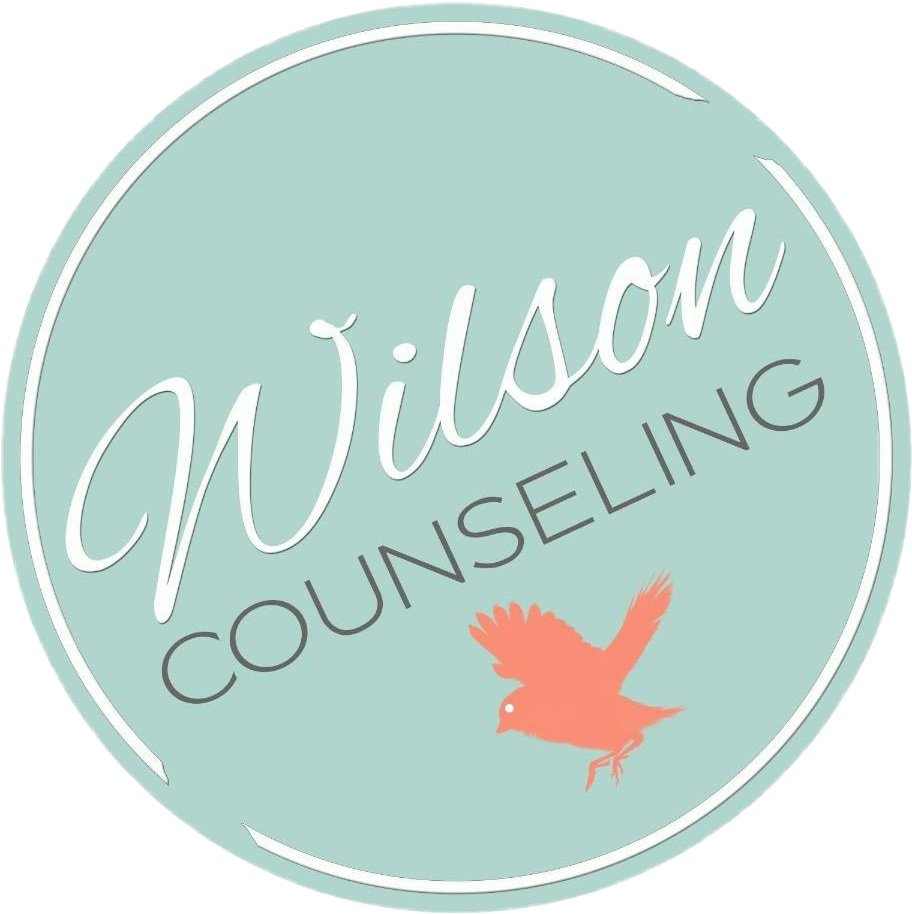If you have not felt as interested in sex as you once did, you are not alone. I regularly hear from individuals and couples who report their sex lives are kind of, well, disappointing. This was often not the case at the beginning of the relationship. I remember one female client (Barbara) who told me “I had the best sex of my life with my husband before we were married. We couldn’t keep our hands off each other.” But now, they have sex very infrequently, and it doesn’t have the same level of enjoyment when they are intimate. Barbara just doesn’t feel the urge to have sex. What happened?
As many as one-third of women ages 18 to 59 have a lack of interest in sex
Some research shows that as many as one-third of women ages 18 to 59 have a lack of interest in sex. In fact, at least 43% of women experience sexual dysfunction at some point in their lives. Barbara’s situation is surprisingly common. There are a lot of factors that can cause women to have a lower sex drive or be disinterested in sex.
Causes of lowered sex drive in women
Problems in your relationship
Having sex can be a very vulnerable experience. If you don’t feel emotionally safe, it’s unlikely you will want to have that kind of vulnerability with your partner. On the other hand, if you have been getting along and feel close emotionally, it’s a lot easier for that to translate into wanting to feel close physically. Low sexual desire can be a result of other problems that already exist in your relationship.
Foreplay starts outside the bedroom in the everyday acts of care couples exchange
If you want to have better sex, start by working on improving your relationship first. Couples counseling can help if you are struggling with your relationship.
Anxiety
Stress and anxiety can be libido killers. When our bodies are anxious, they are often preoccupied with ways we can get rid of the threat (or the anxiety). We don’t tend to have extra energy to then feel sexual. Women may experience stress from caregiving for kids and parents, work, relationships, etc. It often feels like there is no end to the hassles and stress. Lowering your anxiety can help you improve your sexual desire and have better sex.
Age
Sexual desire often decreases with age. This is especially true for a lot of women in menopause, due largely to hormones and lack of blood flow to the vagina, which can make sex less pleasurable. If you do have a possible hormonal issue, you may want to talk to your doctor to find out what your options are. And use a lot of lubrication when you do have sex. Lube is your friend.
Medical problems
There are many types of medical problems that can negatively affect the libido, including thyroid problems, fibroids, diabetes, high blood pressure, endometriosis, and depression. These things can affect women both physically and mentally.
Low testosterone
Testoterone levels affect both men and women. In women, levels often decrease dramatically during and after menopause.
Pregnancy and breastfeeding
Hormone changes as well as fatigue and issues with body image can cause a decrease in the sexual drive after having a baby or during breastfeeding.
Sexual problems
Some women may have pain during sex or may not experience orgasm, which can decrease their desire to have sex. I recommend talking to a medical doctor as well as consulting a therapist who works with sexual issues to see if there are solutions.
Medications
Certain medications including those often prescribed for depression (SSRIs) can decrease sexual desire.
Poor body image and low self-esteem
If people don’t feel good about their bodies, they don’t feel like exposing them. It’s hard to be physically vulnerable when a person is privately criticizing their own body or questioning whether their body is attractive to their partner.
History of physical or sexual abuse
People may be hesitant to trust anyone when they have experienced past abuse. Even the idea of sex can be triggering and traumatizing if someone was sexually abused. Sex may be associated with something hurtful, not something pleasurable and loving. Trauma therapy can go a long way toward helping you heal.
Not interested in sex? What can you do?
techniques to increase sexual desire
If you are concerned about your low sex drive, it is important to start by assessing what’s wrong. Likely, it’s a combination of the factors mentioned above that are at the root of the problem. It may be helpful to meet with your medical doctor as well as meet with a therapist to determine the causes of low sex drive and develop a plan to make changes.
Sex can be a fun release and a source of pleasure, but for a lot of women there is more tied up in it than that. Having a good sex life can also be about feeling desirable, beautiful, feeling whole, and feeling fully alive. Low libido can leave you feeling broken and out of control. That takes a toll on your self-esteem.
Want a better sex drive? Sex therapy may help.
I have seen a lot of clients who have been able to take control and increase their sexual desire. People often start to feel hopeful when I tell them that there is something they can do about this problem. They feel empowered when they start to see changes.
Don’t let fear keep you from having the sex life you want. Talking to a professional couples counselor in Houston, TX is a great place to start making concrete plans to address your concerns regarding your sex life and sexual desire.
If you are struggling with low sexual desire or other problems in your sex life and would like to talk to a professional therapist, Sex therapy can help you if you are feeling stuck or unhappy about your sex life. Take these steps to get support and learn more.
Give us a call today to set up a free consultation.
Schedule your first appointment for couples/marriage counseling.
Get the support and help you need.
OTHER THERAPY SERVICES WE OFFER IN HOUSTON, TX
In addition to Couples Counseling & Marriage Counseling, we have other mental health services that we offer at our Houston, TX counseling office. Our services are available for adults, children, and teens. For individuals we offer Trauma Therapy, PTSD Treatment, EMDR Therapy, and Counseling, School and College Counseling, and Infertility Counseling. As well as LGBTQ+ Counseling. Our caring therapists also offer Family Therapy, Parenting Counseling, Career Counseling, Anxiety Treatment, Eating Disorder and LPC Supervision. All of these services are also available through Online Counseling throughout Texas.
If you’re ready to get started, please contact Wilson Counseling today. Together we can get you to a better place in your relationship.





